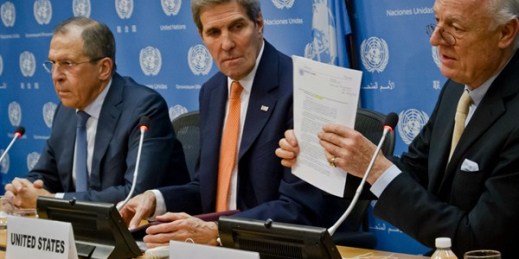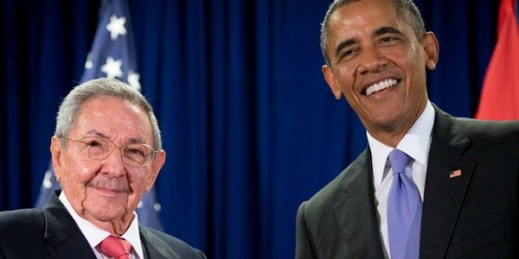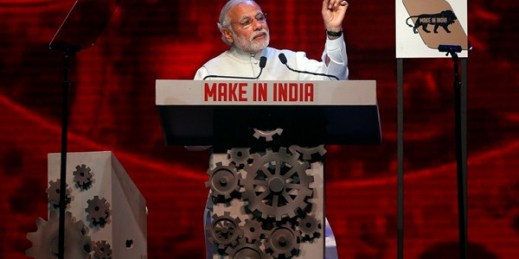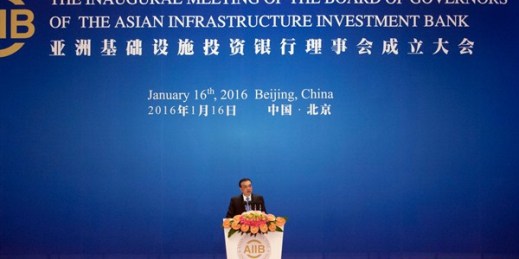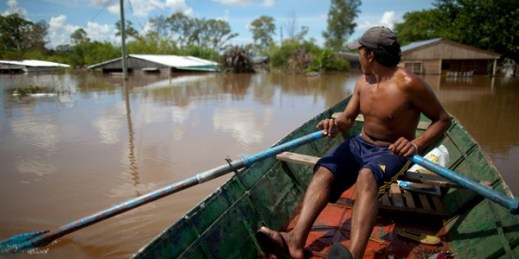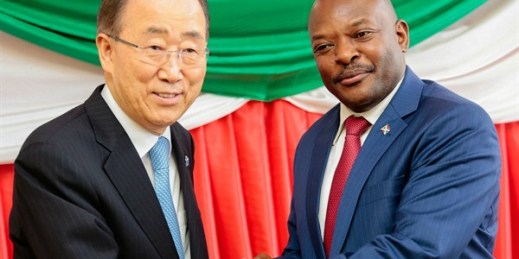
Violence has enveloped Burundi since last April, when protests broke out following President Pierre Nkurunziza’s controversial announcement that he would run for a third term, despite a constitutional two-term limit. On Tuesday, after meeting with Nkurunziza in the capital, Bujumbura, U.N. Secretary-General Ban Ki-moon announced that Nkurunziza had agreed to hold talks with the opposition. Nkurunziza also said that he would release 2,000 people detained by authorities amid the unrest. The president’s decision last year to run again was met with outcries from Burundi’s opposition, which called the move unconstitutional. In May, rogue military officers attempted a coup, which the […]

